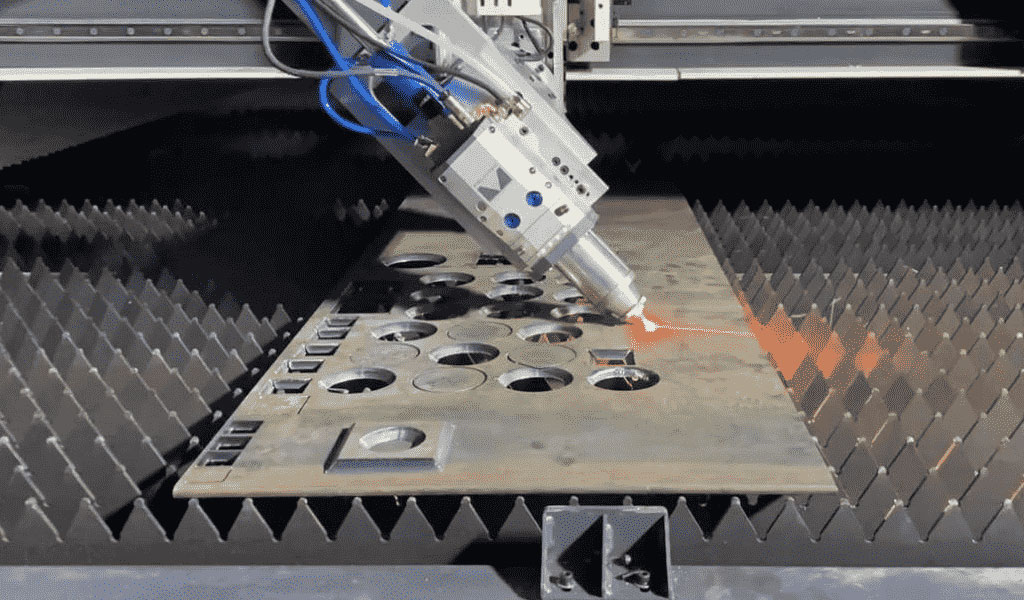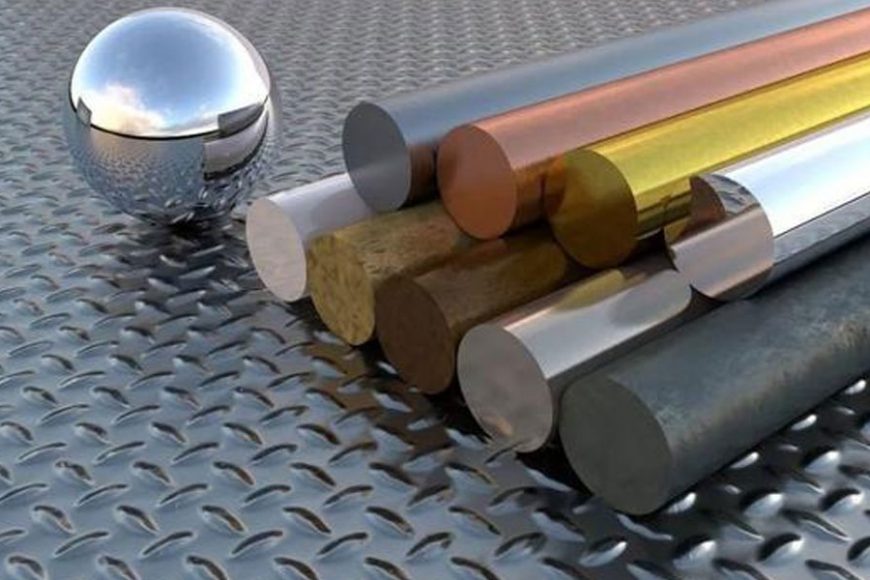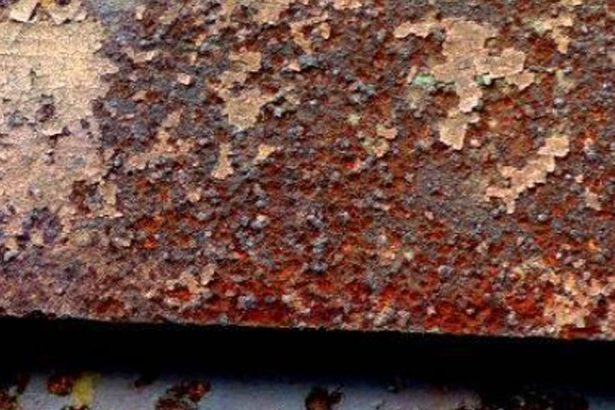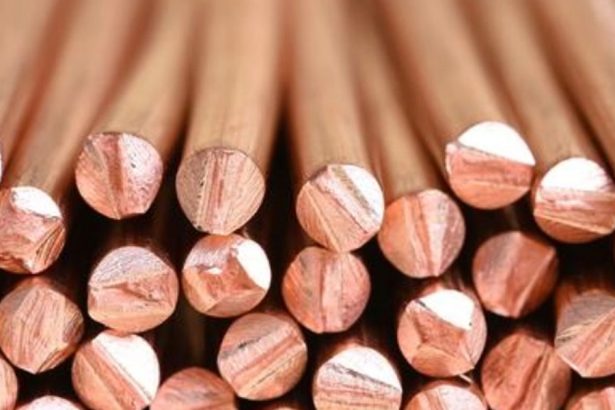Metals have played a crucial role in the progress of human civilization for millennia. These versatile materials are integral to various industries, from construction and transportation to electronics and manufacturing. One fundamental classification of metals is based on their iron content, which divides them into two broad categories: ferrous and non-ferrous metals. In this article, we will delve into the distinctive characteristics of these two categories and their diverse applications.
Ferrous Metals: The Iron Giants
Ferrous metals, as the name suggests, are primarily composed of iron. They are known for their robustness and magnetic properties. The most common ferrous metal is steel, which is an alloy of iron and carbon. Other ferrous metals include cast iron, wrought iron, and various forms of steel alloys.
- Iron and Carbon Content: The defining feature of ferrous metals is their high iron content, often exceeding 70%. Carbon content varies and can range from a few tenths of a percent to over 2%, influencing the metal’s properties, such as hardness and strength.
- Magnetic Properties: Ferrous metals exhibit strong magnetic properties, making them useful in various applications, including in the construction of electromagnets and electrical transformers.
- Strength and Durability: Ferrous metals are renowned for their strength and durability, making them the go-to choice for applications that require high structural integrity, such as bridges, skyscrapers, and automotive components.
- Rusting: A notable drawback of ferrous metals is their susceptibility to rust. When exposed to moisture and oxygen, iron in these metals oxidizes, forming rust, which can weaken the material.
Applications of Ferrous Metals
Ferrous metals find extensive use in the following industries:
- Construction: Steel beams and reinforcement bars are commonly used in construction to provide strength and stability to buildings and infrastructure.
- Transportation: Automobiles, ships, and trains rely on ferrous metals for their structural components, engines, and chassis.
- Manufacturing: Machines, tools, and heavy equipment are often constructed using ferrous metals due to their durability and resistance to wear and tear.
- Energy: Power generation and distribution systems often employ ferrous metals in the form of transformers, generators, and turbines.
Non-Ferrous Metals: Diverse and Corrosion-Resistant
Non-ferrous metals, on the other hand, do not contain significant amounts of iron. They encompass a wide range of metals and alloys, each with unique properties and applications. Common non-ferrous metals include aluminum, copper, brass, bronze, and lead.
- Corrosion Resistance: One of the key advantages of non-ferrous metals is their resistance to corrosion. They do not rust when exposed to moisture and air, making them ideal for applications in harsh environmental conditions.
- Low Weight: Non-ferrous metals, especially aluminum, are known for their low density, making them attractive for industries where weight reduction is critical, such as aerospace.
- Conductivity: Copper and its alloys are exceptional conductors of electricity and heat, making them indispensable in electrical and electronic applications.
- Ductility and Malleability: Many non-ferrous metals can be easily shaped and molded, which is valuable in manufacturing intricate components and artistic works.
Applications of Non-Ferrous Metals
Non-ferrous metals are utilized in various industries, including:
- Aerospace: Aluminum and titanium are commonly used due to their lightweight properties.
- Electrical and Electronics: Copper is a primary choice for wiring and circuitry due to its excellent electrical conductivity.
- Plumbing: Copper and lead are traditional materials for plumbing pipes and fittings.
- Art and Sculpture: Artists often prefer non-ferrous metals like bronze and brass for their artistic creations.
Conclusion
Understanding the difference between ferrous and non-ferrous metals is essential for choosing the right materials for specific applications. Ferrous metals are prized for their strength and durability but are prone to rust. Non-ferrous metals, on the other hand, offer corrosion resistance, low weight, and unique electrical properties. Both categories of metals play pivotal roles in shaping the world we live in, with their applications spanning numerous industries and fields, from infrastructure and technology to art and beyond.

China Sheet Metal Fabrication Manufacturer
Custom precision metal fabrication services. Product specialties include UL® certified NEMA enclosures for various environmental conditions. Capabilities include punching, shearing, laser cutting, bending, machining, press brake forming, and welding. Materials worked with include mild steel, stainless steel, aluminum, brass, and more. Production volumes range from prototype to 10,000 pieces annually. Contract options include discrete orders, blanket orders, quarterly buys, and annual contracts. Value added services include inventory management, rapid prototyping, process development, design for manufacturability, inspection, supply chain management, transportation, and logistics. Industries served include aerospace, automotive, defense, electronic, electrical, entertainment, food and beverage, health, industrial automation, machinery, medical, oil, energy, power, sporting goods, telecommunications, transportation, and more.
using high quality materials
for your sheet metal parts orders
We uses a wide range of material selections for our sheet metal fabrication process. Among our materials are aluminum, stainless steel, brass, magnesium, copper, carbon steel, bronze, galvanized steel, and more. Each material is available in different grades and varieties. Rest assured that all the materials used for your sheet metal parts are durable, corrosion-resistant, long-lasting, rust-proof, wear-resistant, and high-performance. If you want a specific material to be used in the sheet metal fabrication process, don’t hesitate to contact us!
- Carbon Steel
- Stainless Steel
- Aluminum
- Brass
- Copper
- Magnesium
- Bronze
- Galvanized Steel
Why BE-CU is Trusted by 1000+ Clients
Our sheet metal fabrication covers a lot of benefits to many industries, businesses, or projects. Below are the advantages of our services.
- Affordable and Fast Production:We can quickly produce different sheet metal prototypes and final products. KDM offers speedy production while assuring high precision. Our high-volume production also allows us to have cost-effect sheet metal fabrication services.
- Excellent Strength to Weight Ratio:Through our advanced sheet metal fabrication, we can produce sheet metal parts that are lightweight yet durable. We assure high strength, scratch resistance, and corrosion resistance to all produced sheet metal products.
- Wide Range of Materials and Techniques Used:We are experts in different sheet metal fabrication techniques that allow us to produce complex parts with additional intricate features such as notches, slots, holes, etc. Our wide range of sheet metal materials can also withstand electrical, high heat, corrosion, and more.
Online Contact China Precision Sheet Metal Manufacturers
As a direct supplier of precision machined and finished complete components to all segments of the aerospace, semiconductor, automotive, and medical industries, including innovative high tech startups, BE-CU Sheet metal manufacturer is your trusted source for precision sheet metal fabrication services.
To learn more about our aluminum,stainless steel and other steel alloy sheet metal fabrication services, contact us, or give us a call at +86 153 8731 8440, and one of our expert associates will assist you. BE-CU is your trusted source for premium sheet metal fabrication services and metal spinning china manufacturer.




